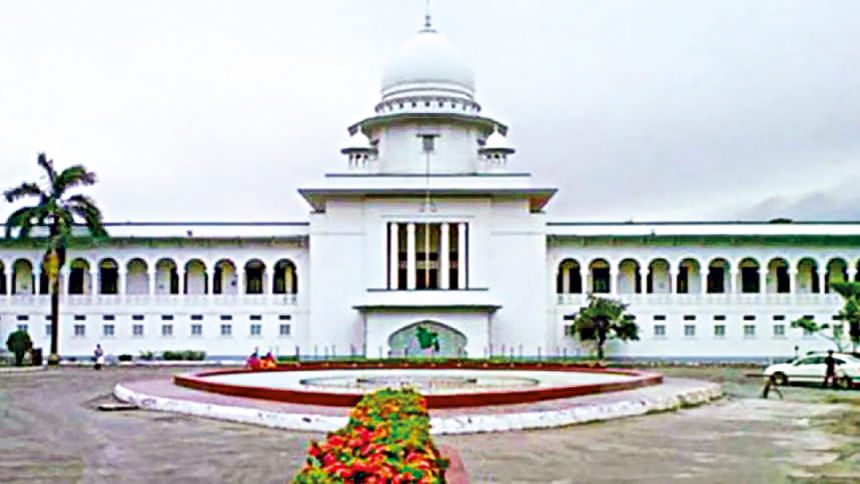The new quota scheme

Positive discrimination or affirmative action schemes are permitted under articles 28(4) and 29(3) of the Constitution of Bangladesh. The preamble to the constitution envisions an egalitarian and exploitation-free society where there is fundamental freedom and dignity.
Indeed, quota reform is a policy decision, however, policy decisions are always to be guided by the fundamental principles enshrined in our constitution. In order to do 'complete justice' under the tenets of article 104 of the constitution, the Appellate Division (AD) of the Supreme Court went on to resolve the contention and also recommend specific percentages of quotas, while acknowledging the government's prerogative to revise the same as/if needed. After the AD overturned the decision of the High Court Division, the government circular was made in the same light. The new quota scheme is applicable to all government jobs across all grades.
As per the circular, this new quota scheme is applicable to all governmental, semi-governmental, autonomous, semi-autonomous, self-governed and statutory authority (shoshashito and shongbidhiboddho kortripokkho). Overall, seven per cent quotas are now reserved within the scheme. Five per cent quotas are reserved for the children of freedom fighters, martyred freedom fighters, and Beerangonas. One per cent quotas is reserved for the indigenous community and one per cent for persons with physical disabilities and 'Tritiyo Lingo'. The circular also says that if the quota seats are not filled, the seats will be filled from people who have no quota. Except this seven per cent, rest of the seats are now open for all based on merit. The new circular will come into effect immediately.
While this is certainly a welcome move on part of the government, we ought to still reflect on how things could pan out, had there been meaningful dialogue between the government and the protesting students early on.

 For all latest news, follow The Daily Star's Google News channel.
For all latest news, follow The Daily Star's Google News channel. 



Comments